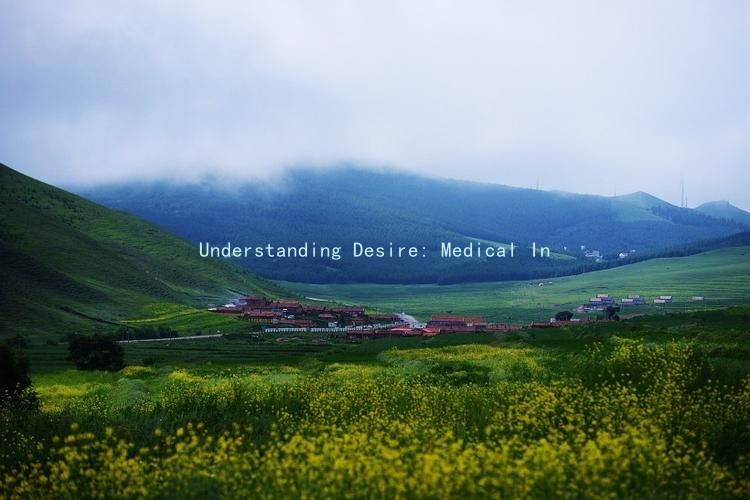Understanding Desire: Medical Insights for a Thriving Relationship
Understanding Desire: Medical Insights for a Thriving Relationship
In the realm of relationships, understanding desire is essential for fostering a thriving partnership. The dynamics of attraction, intimacy, and emotional connection often hinge on various psychological and physiological factors. This article delves into how medical insights can enhance our understanding of desire, helping couples develop more fulfilling relationships.
The Science of Attraction
Attraction is not merely a matter of chemical reactions; it is influenced by a myriad of factors. Neurotransmitters like dopamine and oxytocin play crucial roles in the initial stages of love and intimacy. Dopamine, often referred to as the feel-good neurotransmitter, is released during moments of excitement and pleasure, creating a sense of euphoria and desire. Oxytocin, known as the bonding hormone, promotes feelings of closeness and attachment.
Understanding these biochemical responses can help partners recognize the highs and lows of their relationship. Experiencing a dip in desire can be normal, but addressing it through open communication and shared experiences can reignite the connection.
The Importance of Communication
Communication is the bedrock of any healthy relationship. Discussing desires, preferences, and boundaries is vital in creating a safe space for emotional and physical intimacy. Couples should not shy away from these conversations, as feeling comfortable expressing one’s needs can enhance desire and overall satisfaction.
Psychologists recommend using “I” statements to express feelings rather than blaming or making accusations, which fosters understanding rather than defensiveness. For instance, stating “I feel more connected when we spend quality time together” can lead to a dialogue about shared interests and activities that enhance intimacy.
Addressing Physical Health
Physical health significantly impacts desire. Factors such as stress, fatigue, hormonal imbalances, and underlying health conditions can dampen enthusiasm for intimacy. Regular check-ups and open dialogues about health with a partner can mitigate these issues. Engaging in healthy lifestyles—exercise, balanced diets, and adequate sleep—can positively influence energy levels and, consequently, desire.

Additionally, medical professionals can provide insights into specific conditions or medications that may affect sexual desire. Being proactive about one’s health and seeking guidance can improve not only individual well-being but also the partnership itself.
The Role of Emotional Intelligence
Emotional intelligence, or the ability to understand and manage one’s emotions while empathizing with others, is crucial in relationships. Those with high emotional intelligence are often more adept at recognizing the emotional needs of their partners, leading to deeper connections and intimacy.
Practicing active listening, empathy, and patience enhances emotional intelligence. These skills allow couples to navigate conflicts and misunderstandings constructively, ultimately fostering a climate where desire can flourish.
Cultivating Passion
To maintain desire in a long-term relationship, couples should actively cultivate passion. This doesn’t necessarily mean grand gestures; it can be as simple as trying new activities together, surprising each other, or maintaining playful banter. Experts suggest creating rituals or traditions; small, consistent moments of connection can create a sense of novelty and intimacy.
Furthermore, physical affection—holding hands, hugs, and spontaneous kisses—can significantly enhance emotional closeness. These touchpoints serve as a reminder of the bond and commitment, stoking the flames of desire.
Conclusion
Understanding desire through a medical and psychological lens can significantly enrich relationships. By recognizing the biological underpinnings of attraction, practicing open communication, prioritizing health, honing emotional intelligence, and actively cultivating passion, couples can create a thriving partnership. Desire is not a static state but an evolving journey; embracing this understanding can lead to deeper, more satisfying connections that withstand the test of time.





